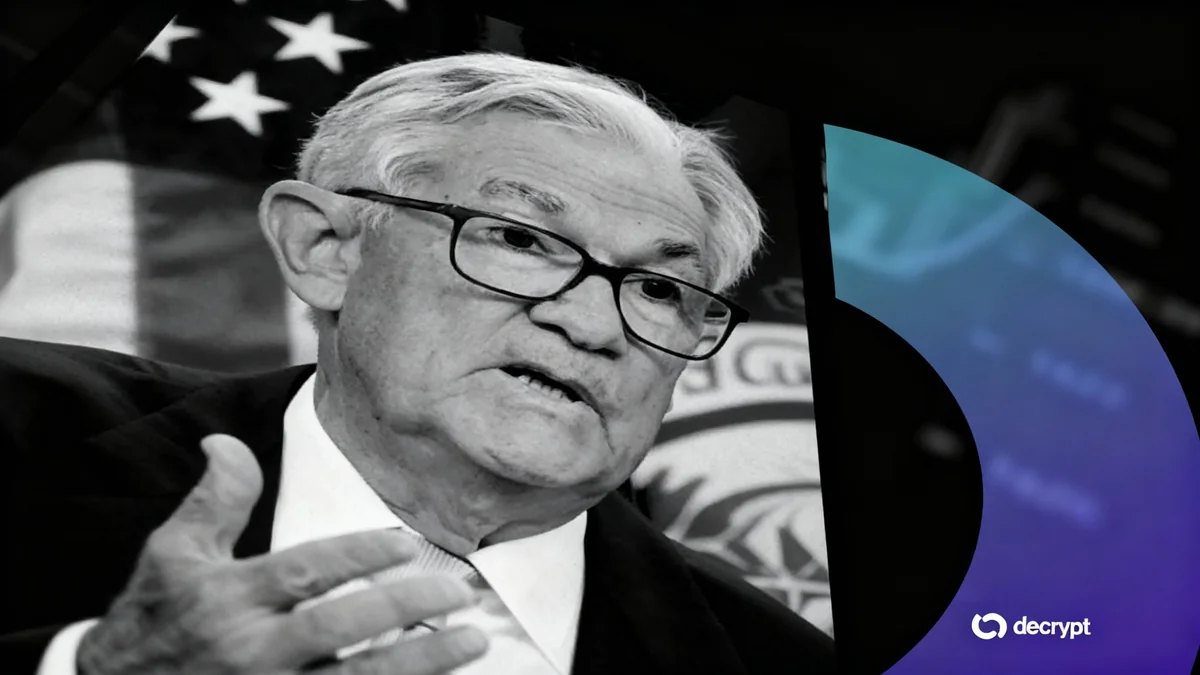Michael Saylor, the executive chairman of MicroStrategy, has maintained a firm stance on Bitcoin, even as market analysts like Peter Schiff suggest potential risks. Saylor's consistent advocacy for Bitcoin and MicroStrategy's significant holdings continue to draw attention from investors and the broader financial community. His recent comments about Bitcoin becoming "boring" highlight a shift in perception as the asset gains mainstream acceptance through new investment vehicles.
Key Takeaways
- Michael Saylor remains a strong proponent of Bitcoin, despite market warnings.
- MicroStrategy's Bitcoin holdings are nearing $26 billion in profit.
- New spot Bitcoin ETFs are changing market dynamics, attracting institutional inflows.
- Analysts like Peter Schiff caution against potential declines in MSTR stock.
Saylor's Unwavering Bitcoin Position
Michael Saylor has consistently championed Bitcoin as a primary treasury asset for MicroStrategy. His strategy involves acquiring substantial amounts of Bitcoin, positioning the company as a major corporate holder of the digital asset. This approach has generated considerable discussion among investors and financial experts.
Saylor's conviction in Bitcoin has not wavered, even when faced with critical commentary. He views Bitcoin as a long-term store of value and a hedge against inflation. This perspective contrasts with traditional investment strategies often favored by other financial advisors.
Fact: MicroStrategy's Bitcoin Holdings
MicroStrategy currently holds approximately 214,400 BTC, acquired at an average price of around $35,180 per Bitcoin. The company's total investment in Bitcoin exceeds $7.5 billion, making it the largest corporate holder of the asset.
Market Performance and Profitability
MicroStrategy's substantial Bitcoin acquisitions have led to significant unrealized profits. Recent estimates suggest the company's Bitcoin holdings are approaching $26 billion in profit as Bitcoin's price has appreciated. This performance underscores the potential gains from Saylor's aggressive strategy.
The company's stock, MSTR, often tracks Bitcoin's price movements. Investors frequently view MSTR as a proxy for Bitcoin exposure in traditional markets. This correlation means MSTR stock can experience volatility similar to the cryptocurrency itself.
"Bitcoin to go boring is a good thing for institutional adoption," Michael Saylor recently stated, emphasizing his view that stability will attract more mainstream investment.
Warnings from Peter Schiff
Despite Bitcoin's recent gains, economist Peter Schiff has repeatedly warned about the potential for a "crash pattern" in MSTR stock. Schiff, a known critic of Bitcoin, advises investors to be cautious. He suggests that the current market rally may not be sustainable.
According to Schiff, the price of MSTR stock could see a significant downturn if Bitcoin's value depreciates. He believes that investors are overlooking fundamental risks associated with MicroStrategy's concentrated bet on a volatile asset. This viewpoint aligns with his long-standing skepticism toward digital currencies.
Context: Peter Schiff's Stance
Peter Schiff is a prominent gold advocate and economist. He has consistently argued against Bitcoin as a legitimate store of value, preferring traditional assets like gold. His critiques often focus on Bitcoin's lack of intrinsic value and its speculative nature.
Impact of Spot Bitcoin ETFs
The introduction of spot Bitcoin Exchange-Traded Funds (ETFs) has significantly altered the cryptocurrency market landscape. These ETFs allow traditional investors to gain exposure to Bitcoin without directly purchasing and holding the asset. This development has led to substantial inflows into the Bitcoin market.
Saylor's comment about Bitcoin becoming "boring" reflects the increasing institutional acceptance brought by ETFs. As Bitcoin integrates more into regulated financial products, its image shifts from a niche, volatile asset to a more conventional investment option. This could reduce price volatility over time.
- Increased Accessibility: ETFs make Bitcoin accessible to a broader range of investors, including those in retirement accounts.
- Institutional Inflows: Significant capital has flowed into spot Bitcoin ETFs since their launch, indicating strong institutional demand.
- Market Maturation: The regulatory approval of ETFs signals a maturation of the Bitcoin market, potentially reducing its perceived risk.
Future Outlook for Bitcoin and MSTR
The trajectory of Bitcoin and MSTR stock remains a key topic for financial analysts. While Saylor remains bullish, the market faces various factors that could influence its future. These include global economic conditions, regulatory changes, and broader investor sentiment towards digital assets.
MicroStrategy's strategy of accumulating Bitcoin continues to be a bold move. Its success depends heavily on Bitcoin's long-term performance. Investors in MSTR stock are effectively making a leveraged bet on the future value of Bitcoin.
The debate between Bitcoin proponents like Saylor and critics like Schiff highlights the ongoing discussion about digital assets' role in modern portfolios. As the market evolves, the outcomes of these strategies will provide important lessons for investors.





